Understanding Anti-Oppressive Theory Application in Social Work
VerifiedAdded on 2023/06/07
|10
|622
|132
Essay
AI Summary
This essay delves into the core principles of anti-oppressive theory and its critical role within social work practice. It highlights how critical social work addresses social problems stemming from oppression and injustice, drawing from various schools of thought like feminism and Marxism. The essay emphasizes the importance of recognizing and eradicating social oppression within communities, cultures, and societies, advocating for social workers to adopt a social justice perspective. It further discusses how social workers can effectively implement anti-oppressive practices by gaining knowledge of diverse groups, social systems, and fundamental human rights, using the example of domestic violence against immigrant women in Ireland. The essay also touches upon the shift from traditional social work models to anti-oppression approaches influenced by social movements and underscores the significance of human rights and social justice in social work. It concludes with a critical reflection on the need to link theory and practice, raise awareness of oppressive factors, and promote human rights education to support anti-oppression efforts. Desklib provides access to similar essays and study tools for students.
1 out of 10
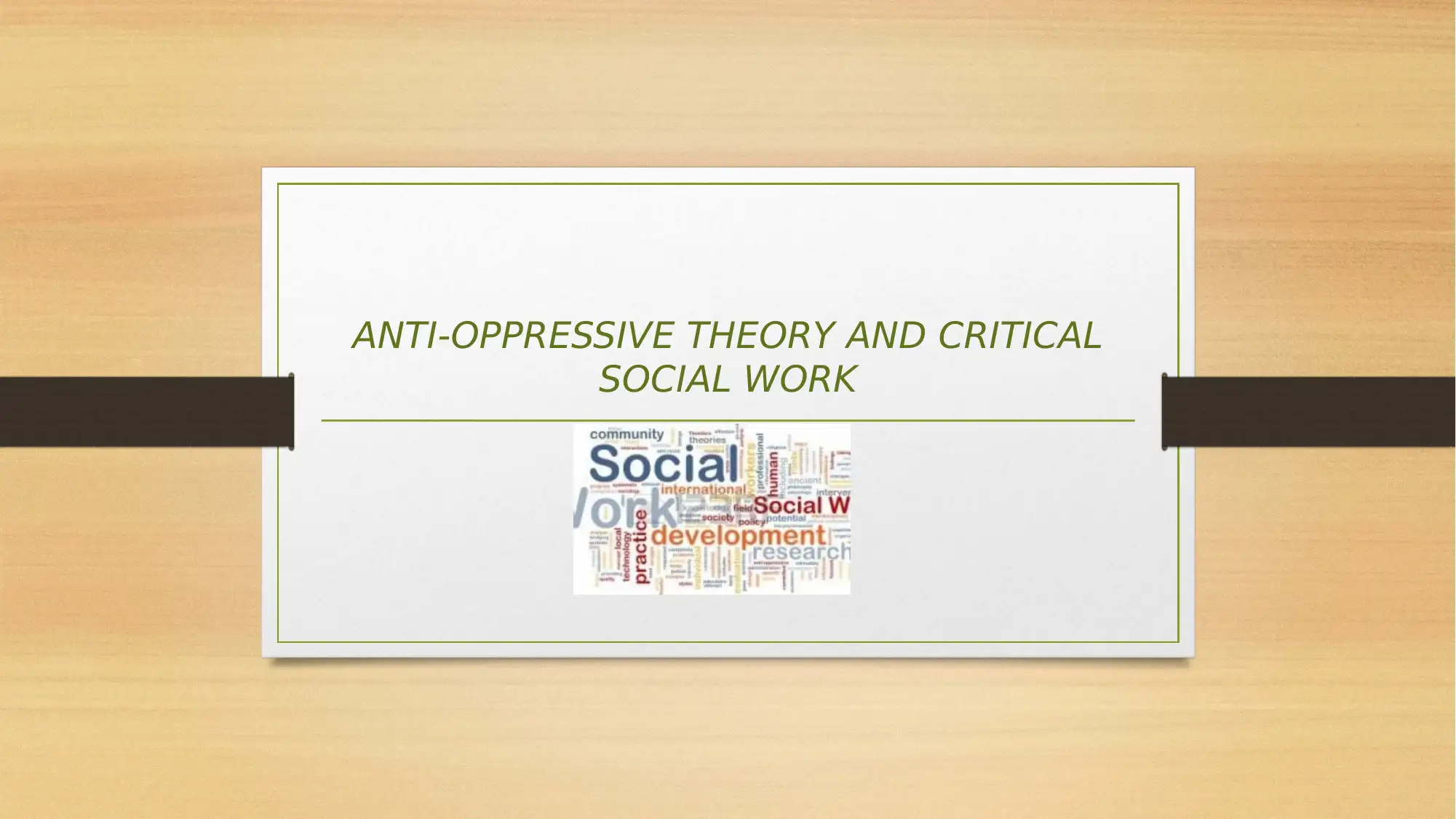
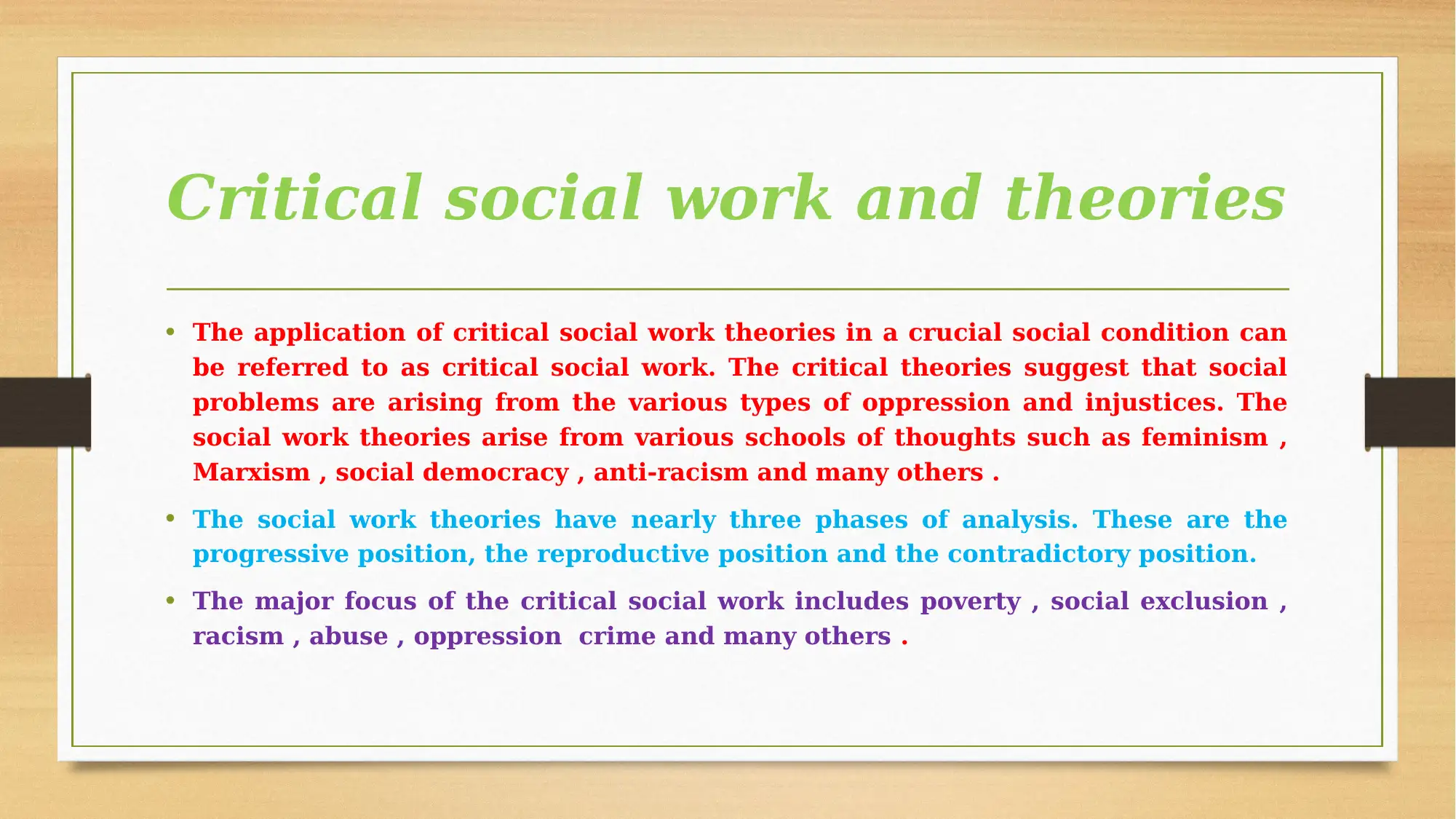
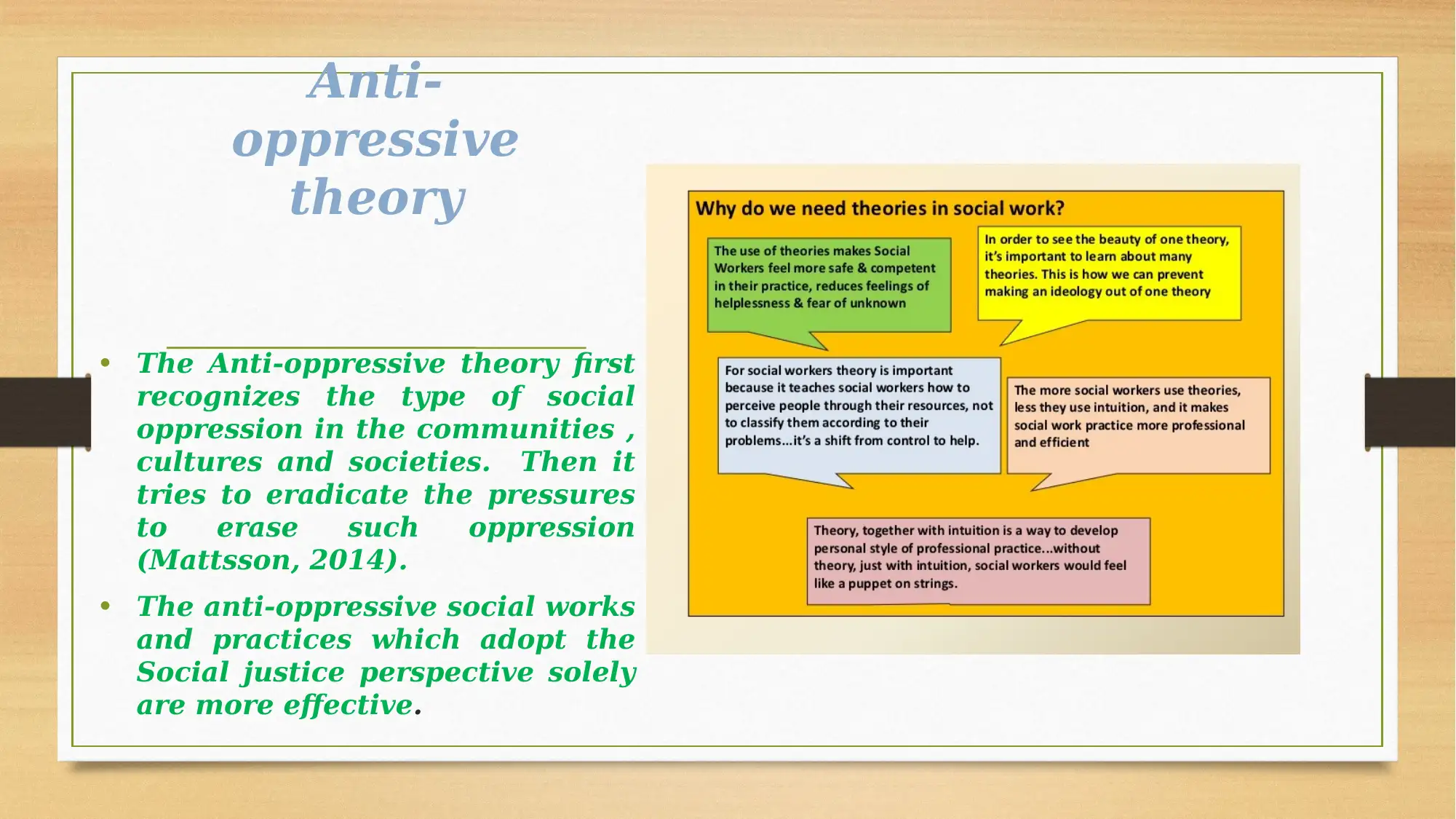

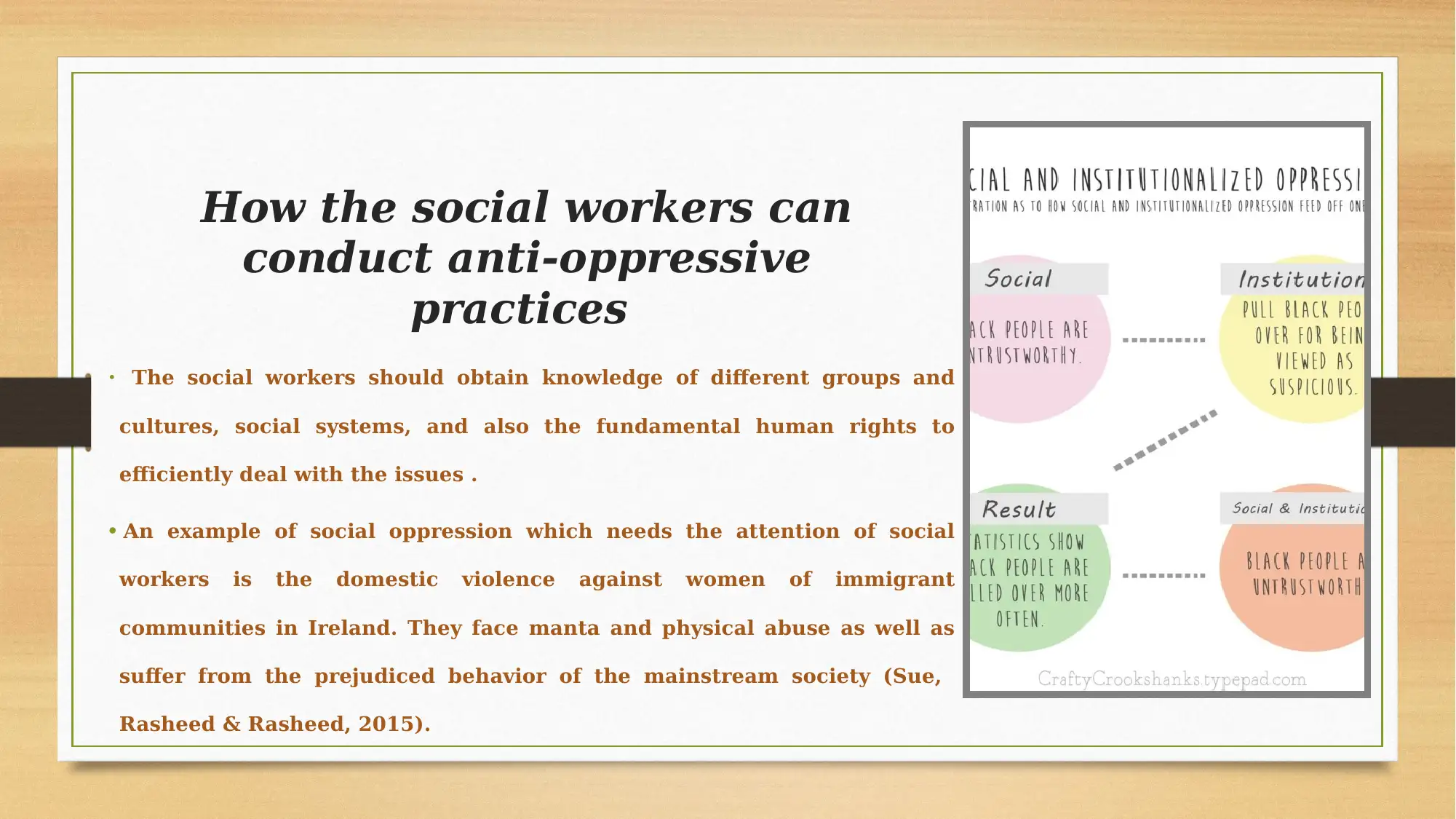


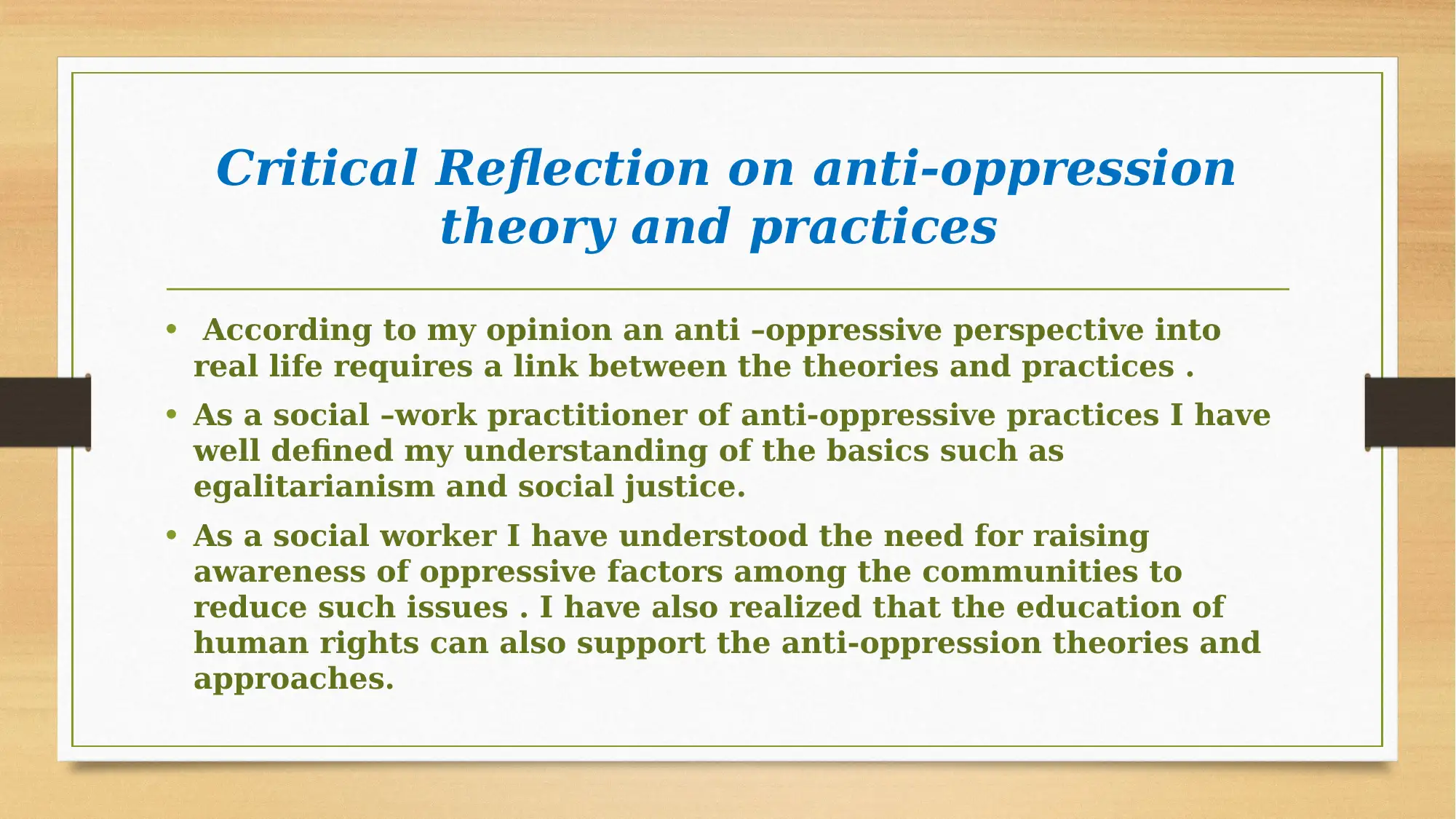
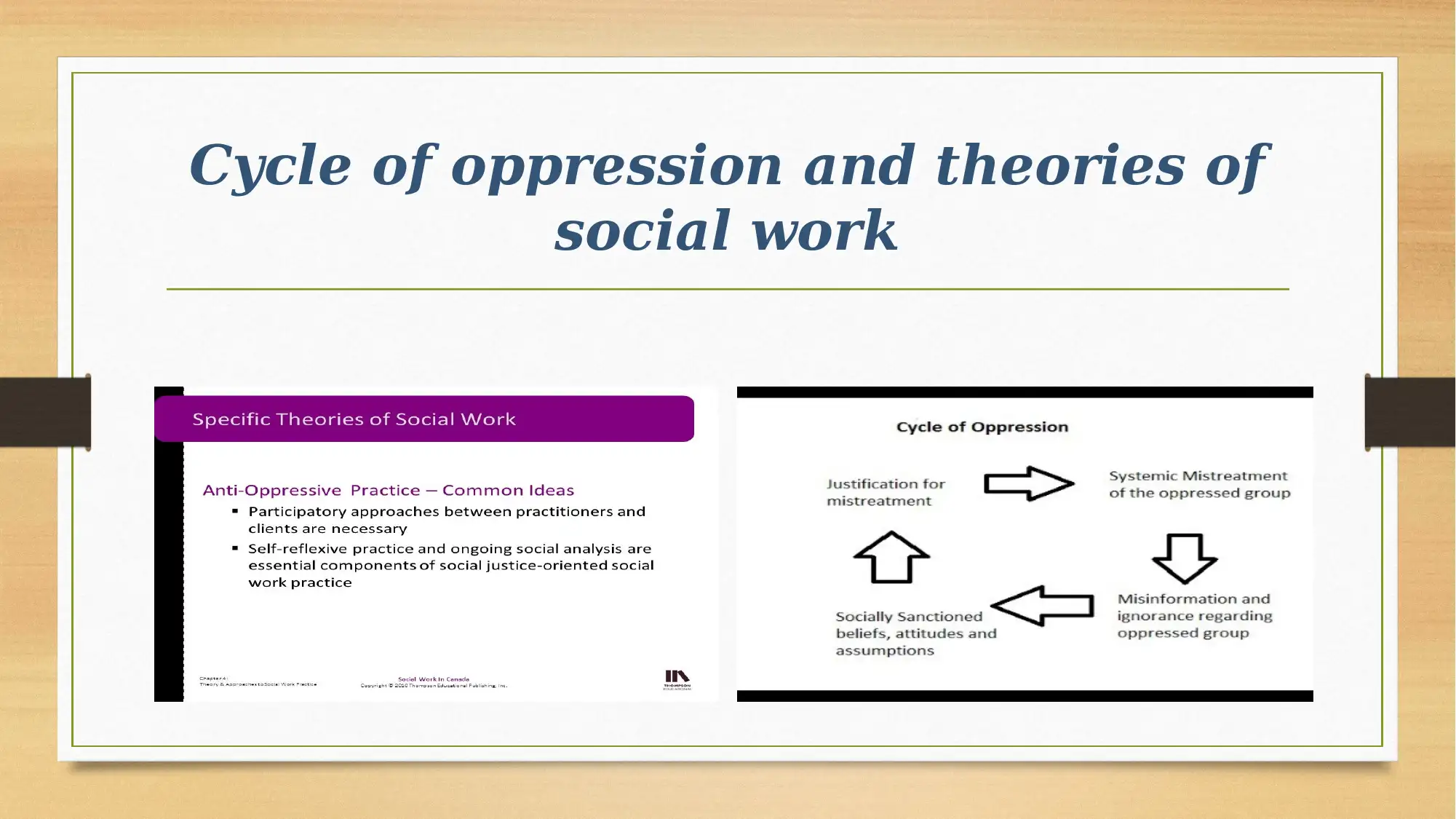
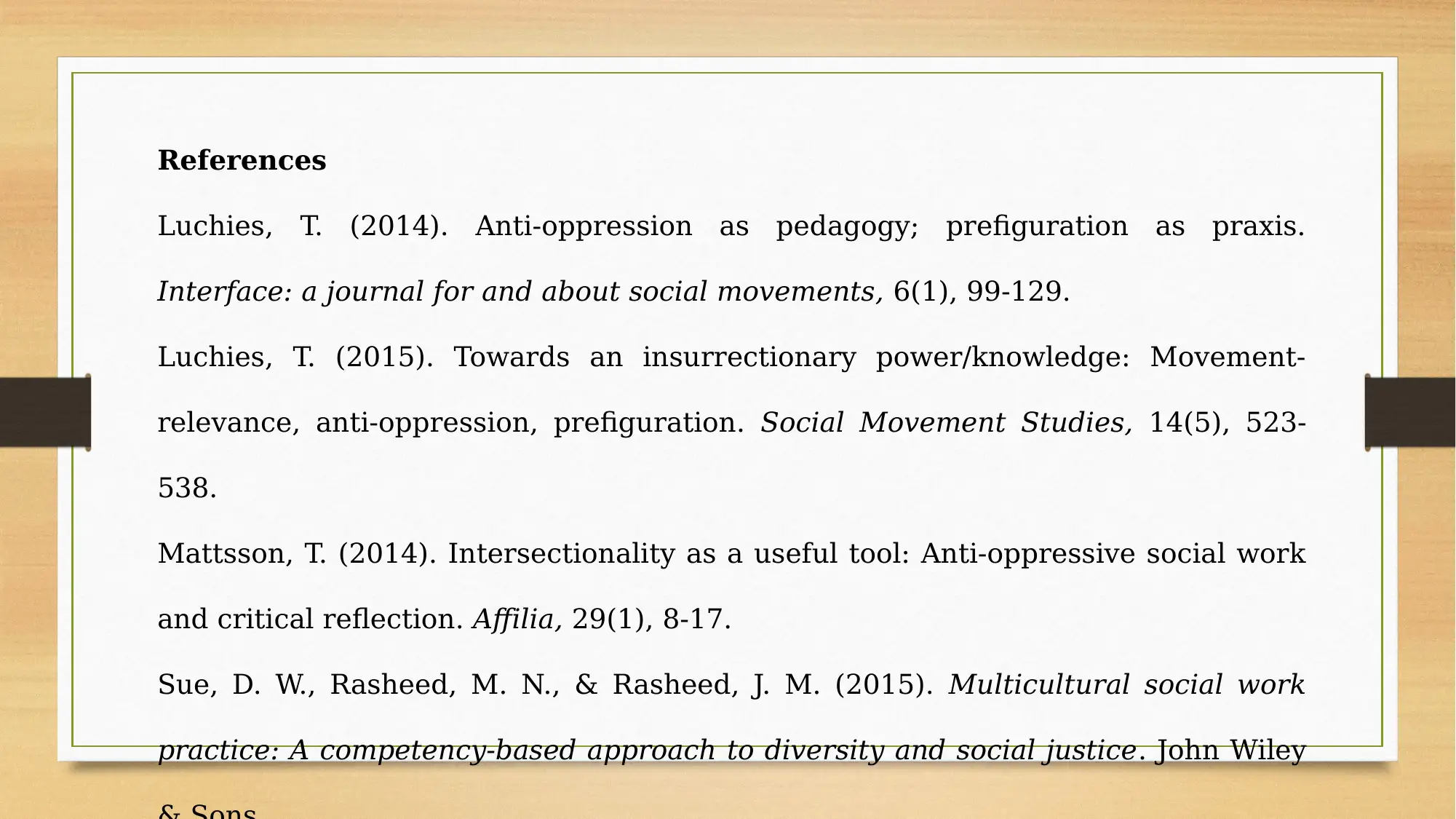







![[object Object]](/_next/static/media/star-bottom.7253800d.svg)